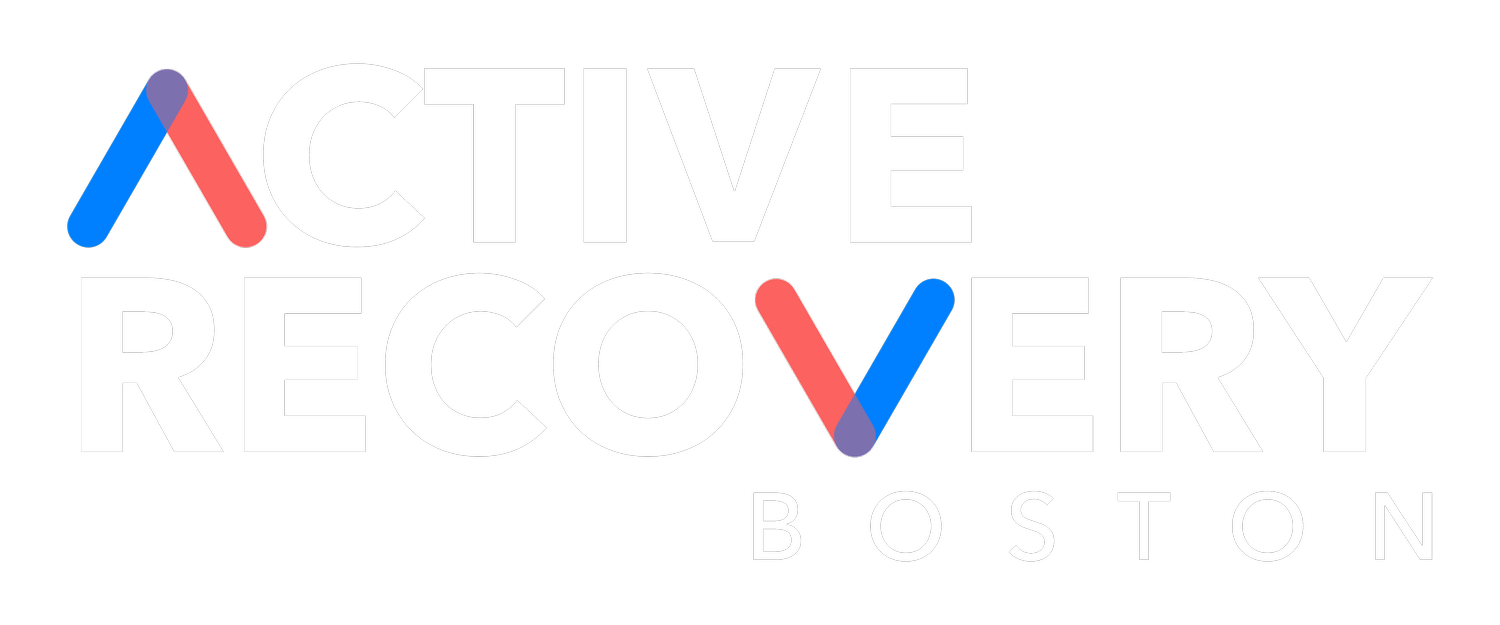Electrolytes play a crucial role in maintaining various bodily functions and overall health, making them an indispensable part of our daily lives. Here, we'll dive into the world of electrolytes and discover why these essential minerals are vital for both athletes and non-athletes alike.
What are Electrolytes?
Electrolytes are minerals that carry an electric charge when dissolved in bodily fluids like blood and cell fluids. The most common electrolytes include sodium, potassium, calcium, magnesium, chloride, bicarbonate, and phosphate. Each of these minerals serves a unique function, ensuring the proper functioning of cells, nerves, muscles, and organs.
Why Athletes Need Electrolytes
Fluid Balance: Athletes lose a significant amount of fluid through sweat during intense physical activity. Electrolytes help maintain the body's fluid balance, preventing dehydration, and aiding in efficient rehydration.
Muscle Function: Proper muscle function is essential for athletes to perform at their best. Electrolytes, particularly potassium and sodium, facilitate muscle contractions and help prevent muscle cramps and spasms.
Nerve Function: Electrolytes play a crucial role in transmitting nerve signals throughout the body. This is especially important for athletes who rely on quick reflexes and coordination during sports.
Energy Production: Electrolytes are involved in various energy production processes within the body, ensuring athletes have the stamina and endurance required for prolonged physical activity.
Electrolytes for Non-Athletes? Absolutely!
While athletes have higher electrolyte needs due to increased physical demands, electrolytes are equally important for non-athletes. Caretakers of seniors and older adults listen up! Here's why:
Everyday Fluid Balance: Just like athletes, non-athletes also lose fluids daily through normal bodily functions like urination and sweating. Adequate electrolyte intake helps maintain the body's fluid balance, preventing dehydration.
Cognitive Function: Electrolytes play a role in nerve signaling, which is crucial for cognitive function. Ensuring sufficient electrolytes can support better focus, concentration, and overall mental clarity.
Heart Health: Potassium and calcium are vital for maintaining a regular heartbeat and overall heart health. Electrolyte imbalances can lead to cardiac issues, affecting both athletes and non-athletes.
Preventing Muscle Cramps: Have you ever experienced a sudden, painful muscle cramp? Electrolyte imbalances, particularly low potassium levels, can be a contributing factor. Ensuring adequate electrolyte intake can help prevent such cramps.
Medications can interfere with the absorption of electrolytes, alter hormonal responses affecting homeostasis, as well as directly impact organ function responsible for maintaining electrolyte balance.
Menopause and Imbalanced hormones can change our fluid balance.Progesterone acts as a diuretic. Estrogen can perform as a fluid retaining hormone. Estrogen-related fluid retention can also feel like bloating and it’s related to a reduction in sodium levels.Excessive sweating from hot flushes and night sweats can further reduce sodium levels and compound the problem.Heavy menstrual flow like some women in perimenopause experience can also create dehydration.
Age:: As you age, the amount of water in your body decreases. Additionally, studies have shown there is generally a lowered thirst response in older adults and moreso in senior adults: The brain is not telling you to drink because the innate neuro-brain highway is dulled a bit. Since the thirst response becomes weaker with age, the older population may not realize they need to drink water or electrolytes . This could potentially create a temporary decline in cognitive function, heart health and never function.
Sources of Electrolytes
Getting enough electrolytes can be achieved through a balanced diet. Some natural sources of electrolytes include:
Sodium: Table salt, soy sauce, pickled foods, and processed foods.
Potassium: Bananas, oranges, potatoes, spinach, and avocados.
Calcium: Dairy products like milk, yogurt, and cheese, as well as fortified plant-based alternatives.
Magnesium: Nuts, seeds, leafy greens, whole grains, and legumes.
Chloride: Found in table salt and many vegetables.
Remember to strike a balance and not over consume electrolytes, as excessive amounts can also lead to health issues.
Dr. Kelly's and Her Team’s Expertise Goes Beyond Spinal Adjustments
In the capable hands of Dr. Kate Kelly and her team of chiropractors at Active Recovery Boston, patients not only find relief from physical discomfort but also gain a deep understanding of the crucial role electrolytes play in their overall health. Dr. Kelly's expertise goes beyond spinal adjustments; she empowers her patients with knowledge about the significance of electrolytes.
Electrolytes are essential for everyone, regardless of their athletic pursuits and age level. These minerals are vital for fluid balance, nerve function, muscle health, and overall well-being. Whether you're an athlete striving for peak performance or a non-athlete looking to maintain good health, paying attention to your electrolyte intake can make a significant difference in your life.
Through personalized and compassionate care, Dr. Kelly and Dr. Tran takes the time to educate her patients about the importance of electrolytes for both athletes and non-athletes alike. By shedding light on how these essential minerals impact fluid balance, nerve function, muscle health, and even cognitive well-being, the ARB docs equip their patients with the tools needed to make informed decisions about their health.
You may reach Active Recovery Boston by calling 617-423-3370 or by visiting their website to schedule an appointment.
Stay hydrated, eat a balanced diet, and make electrolytes a part of your daily routine to keep your body functioning optimally!

